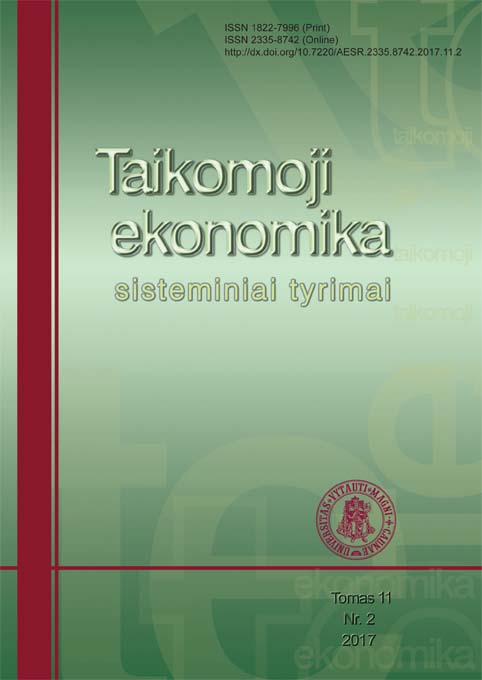Scaling up Funding for Clean Energy Projects in Developing and Emerging Countries via PPPs: Costs, Benefits, Challenges and Some Cases
Scaling up Funding for Clean Energy Projects in Developing and Emerging Countries via PPPs: Costs, Benefits, Challenges and Some Cases
Author(s): Hilmar Þór HilmarssonSubject(s): Economy, Energy and Environmental Studies
Published by: Vytauto Didžiojo Universitetas
Keywords: Hydro- and geothermal energy projects; Public private partnerships; International and national financial institutions;
Summary/Abstract: Clean energy investments such as geothermal and hydropower projects tend to be large capital intensive and with long repayment periods. These projects can be challenging, especially in developing and emerging countries in transition that are often characterized by a changing and unpredictable political and business environment. Public private partnerships (PPPs) can enable pooling of public, private and donor funds for clean energy investments. A well-designed PPP can be a venue for scaling up funding for clean energy investment internationally. However, little point exists in forming PPPs if, for example, the private sector partner receives most or all the benefits, or if the government keeps changing the rules of the game resulting in a non-viable project. The focus of this article is on PPPs, potential benefits and challenges for host governments and various partners, including the private sector investors, bilateral donors, multilateral institutions such as international financial institutions (IFIs). The objective of this article is to review some theoretical research done on PPP, potential benefits as well as some challenges using this model in developing and emerging countries and finally, present some cases that demonstrate how various partners have cooperated under the PPP model. In addition to reviewing relevant theoretical literature the methodology used in the article is the case study method. The cases also show innovative use of the funding and risk mitigation instruments offered by international financial institutions in partnerships with other market players, such as host governments, private sector, bilateral development institutions, export credit agencies, where sharing the risks and the rewards in a fair and sustainable manner is the key to success.
Journal: Taikomoji ekonomika: sisteminiai tyrimai
- Issue Year: 11/2017
- Issue No: 2
- Page Range: 105-122
- Page Count: 18
- Language: English

